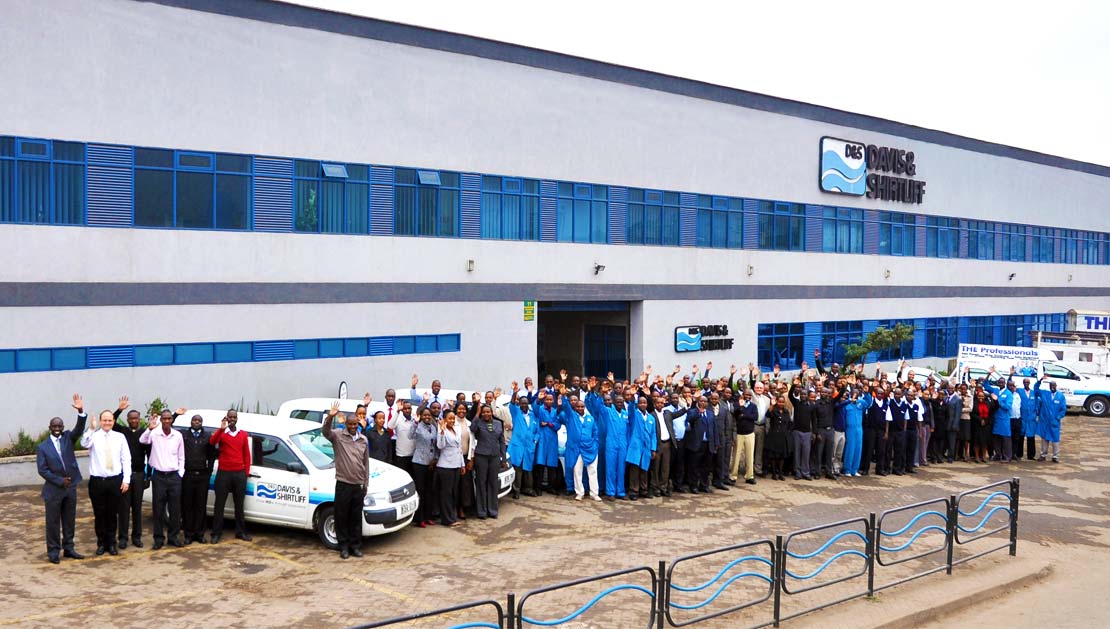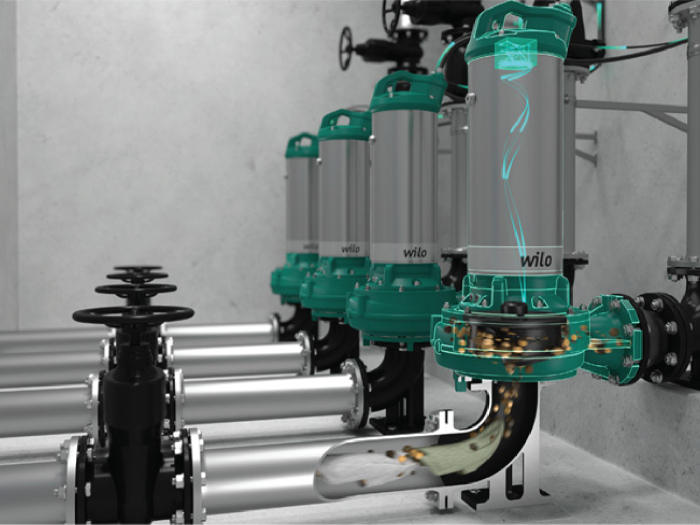In Kenya, the water pumping sector is undergoing a remarkable transformation, driven by a growing need for efficient water management solutions. From water pumps and dewatering pumps to mud pumps, sewage pumps, and associated accessories, the industry is witnessing a surge in innovation and investment. In this article, we explore the development of Kenya’s water pumping industry, highlighting the key players, advancements, and the positive impact on water access and management.
The Growing Demand for Water Pumping Solutions:
Kenya, like many other nations, faces the challenges of water scarcity, uneven distribution, and the need for effective water management. As the demand for reliable water sources continues to rise, the water pumping sector plays a pivotal role in providing sustainable solutions for various applications.
Water pumps, designed for diverse purposes such as agriculture, industrial processes, and community water supply, have become indispensable in ensuring water availability. Dewatering pumps are crucial for construction projects, preventing water ingress and facilitating works in waterlogged areas. Mud pumps and sewage pumps are essential for waste management, contributing to environmental sustainability.
Emergence of Local and International Companies:
The development of the water pumping industry in Kenya has attracted both local entrepreneurs and international companies keen on contributing to the country’s water infrastructure. Local companies are emerging as key players, leveraging their understanding of the local market and forming strategic partnerships with global manufacturers to enhance product offerings.
International companies, recognizing the growth potential in Kenya’s water pumping sector, are establishing a presence in the country. These companies bring advanced technologies, expertise, and a wealth of experience, contributing to the sector’s overall development.
Advancements in Technology:
The water pumping industry in Kenya is witnessing a technological revolution, with companies investing in advanced and energy-efficient pump technologies. The integration of smart technologies, such as remote monitoring and automation, enhances pump performance, reduces downtime, and contributes to long-term cost savings.
In particular, the adoption of solar-powered water pumps is gaining traction. This sustainable solution not only addresses energy challenges but also aligns with global efforts to reduce carbon emissions. The versatility of solar pumping solutions makes them especially attractive for off-grid and remote areas, where access to electricity is limited.
Community Impacts and Local Initiatives:
As the water pumping industry expands, its impact on local communities becomes increasingly evident. Reliable access to water for agriculture improves crop yields, boosting food security and supporting rural livelihoods. Community water supply projects, powered by efficient water pumping solutions, ensure clean and accessible water for drinking and sanitation, enhancing overall well-being.
Local initiatives and community involvement play a vital role in the success of water pumping projects. Government agencies, non-governmental organizations (NGOs), and private sector entities collaborate to implement sustainable solutions. Training programs and capacity-building initiatives empower local communities to operate and maintain pumping systems, ensuring the longevity of these essential infrastructure projects.
Impressive Success Stories:
The success stories emerging from Kenya’s water pumping sector are noteworthy, showcasing the positive impact on people’s lives and the environment. Companies that prioritize corporate social responsibility (CSR) initiatives, such as community outreach programs, education, and training, earn the admiration and support of local communities.
Public-private partnerships have also played a crucial role in driving innovation and sustainability. Collaborations between government agencies, private companies, and international organizations have led to the development of integrated water management solutions that address the unique challenges faced by Kenya.
Challenges and Future Prospects:
Despite the impressive strides in the water pumping industry, challenges persist. Adequate funding, infrastructure development, and addressing the varying water needs across different regions remain ongoing concerns. Additionally, raising awareness about the importance of water conservation and efficient water use is crucial for the long-term success of the sector.
Looking ahead, the future prospects for Kenya’s water pumping industry are promising. Continued investments in research and development, increased adoption of renewable energy solutions, and a focus on sustainable practices will contribute to a more resilient and efficient water infrastructure.
Conclusion:
Kenya’s water pumping industry is evolving into a dynamic and forward-thinking sector, driven by the pressing need for effective water management solutions. The contributions of local and international companies, advancements in technology, and the positive impacts on communities are reshaping the landscape of water access in the country. As the industry continues to grow, Kenya is positioning itself as a leader in sustainable water pumping solutions, illuminating a path towards a more water-secure and prosperous future.





